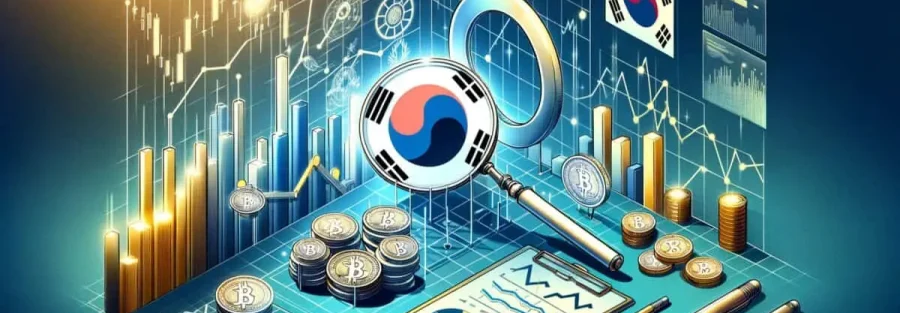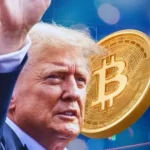The world of NFTs is rapidly evolving, and regulatory bodies around the globe are scrambling to keep pace. South Korea’s Financial Services Commission (FSC) has recently taken a step forward, issuing guidelines that clarify how they categorize non-fungible tokens.
Not All NFTs Are Created Equal
The key takeaway? Not all NFTs are treated the same under South Korean regulations. The FSC is drawing a distinction between two categories:
Virtual Asset NFTs: These are mass-produced, divisible NFTs that can potentially be used for payments. Think of them like digital trading cards issued in large quantities. The FSC will regulate these NFTs similarly to cryptocurrencies.
General NFTs: These are NFTs with limited value, typically used for ticketing or digital certificates. They won’t be subject to the same regulations as virtual asset NFTs.
Why the Distinction Matters
The FSC is particularly concerned about the potential for mass-produced NFTs to function as a payment method. If a large collection of NFTs is issued (think a million!), the regulator worries they could become a substitute for traditional currency.
A Case-by-Case Approach
It’s important to note that the FSC will be evaluating NFTs on a case-by-case basis. There’s no one-size-fits-all approach. Additionally, NFTs with characteristics outlined in South Korea’s Capital Markets Act could be classified as securities.
Interest Potential for Virtual Asset NFTs
This new classification system has potential benefits for investors. Remember how the FSC announced in 2023 that virtual assets deposited on exchanges could earn interest? Well, the good news is that virtual asset NFTs (those mass-produced, payment-oriented ones) might also be eligible for interest once deposited on exchanges.
South Korea Taking a Cautious Step
Overall, South Korea’s approach to NFT regulation reflects a cautious yet progressive stance. By establishing clear categories for different types of NFTs, the FSC aims to create a more structured environment for the NFT industry to flourish. This paves the way for innovation while safeguarding potential risks.
Stay tuned for further developments as the world of NFTs continues to navigate the ever-changing regulatory landscape!





12 Comments
Binance推荐代码
I don’t think the title of your article matches the content lol. Just kidding, mainly because I had some doubts after reading the article.
best binance referral code
Your article helped me a lot, is there any more related content? Thanks!
注册
I don’t think the title of your article matches the content lol. Just kidding, mainly because I had some doubts after reading the article. https://www.binance.info/lv/register?ref=B4EPR6J0
Anonymous
Your article helped me a lot, is there any more related content? Thanks! https://www.binance.com/en-IN/register?ref=UM6SMJM3
binance referral bonus
Your point of view caught my eye and was very interesting. Thanks. I have a question for you.
creazione dell'account binance
Thanks for sharing. I read many of your blog posts, cool, your blog is very good.
binance register
Thanks for sharing. I read many of your blog posts, cool, your blog is very good.
binance open account
Thanks for sharing. I read many of your blog posts, cool, your blog is very good.
binance kod
Your article helped me a lot, is there any more related content? Thanks!
Rejestracja na Binance
Your point of view caught my eye and was very interesting. Thanks. I have a question for you.
PokerdomNob
https://t.me/s/officials_pokerdom/3575
Код binance
Your point of view caught my eye and was very interesting. Thanks. I have a question for you.